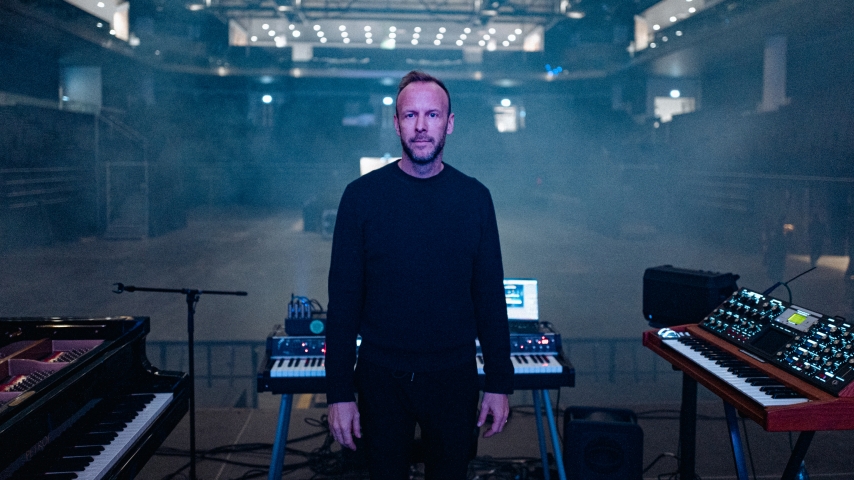
In an epoch increasingly shaped by the integration of artificial intelligence (AI) into various creative domains, the trajectory of human creativity, particularly within music composition, has come under scrutiny. As the music industry navigates this evolving landscape, one pivotal question emerges: can composers not only coexist with AI but also thrive alongside it?
A resounding affirmation resonates from the perspective of one composer. Embracing AI as a tool within the music studio, particularly for tasks like mastering and equalizing—refining sound to its zenith—showcases a symbiotic fusion of human ingenuity and technological prowess. This approach harnesses AI's prowess to elevate the technical caliber of music, empowering composers to craft informed decisions guided by AI-generated suggestions.
Nevertheless, when the discourse shifts to the essence of music composition, a definitive demarcation emerges. The composer staunchly champions the preservation of the human facet of creativity, contending that the originality and emotional resonance ingrained in human decision-making elude replication by AI. This conviction underscores a broader sentiment: while technology may mimic, it fails to originate the ineffable spark of human creativity.
In an industry often besieged by mediocrity, the demarcation between the ephemeral and the timeless hinges upon originality and genius. The conviction that genuine creativity can outpace AI's learning curve underscores a profound faith in the enduring value of human innovation. AI, by its very nature, evolves predicated on existing data and creations, intimating an inherent limitation in its capacity to lead rather than trail in the domain of creative innovation.
This perspective serves as a poignant reminder of technology's dual role in the creative process. On one axis, AI emerges as an invaluable ally, streamlining tasks and unfurling novel vistas for enhancing music's technical facets. Conversely, the quintessence of creativity—rooted in originality, emotion, and human experience—remains the exclusive terrain of the human psyche.
The composer's stance furnishes a pivotal lesson for the broader discourse surrounding AI's role in creative industries. Embracing technology to augment our capabilities, sans relinquishing the unique attributes that delineate human creativity, embodies a judicious approach. As we chart this uncharted frontier, the dictum remains crystal clear: AI should be perceived as a tool, not a surrogate, for the irreplaceable ingenuity of humankind. Ultimately, it is the human touch that will etch the indelible imprint upon music, underscoring the exquisite and singular nature of human creation.
Karel Havlíček, a distinguished Czech music composer and multi-instrumentalist based in Prague and Los Angeles, epitomizes this nuanced perspective. With a prolific portfolio spanning compositions for television series, films, commercials, and documentaries, Havlíček's musical odyssey intertwines disparate realms, fueled by profound reflections, emotions, and life experiences. His debut solo album, "Spoken," crystallizes these myriad influences, echoing the resonance of his twin brother Maxim's visual artistry, which has served as a wellspring of inspiration throughout their intertwined artistic journeys. With the piano as his primary mode of expression, Havlíček weaves a tapestry of melodies infused with strings and delicately interwoven wind instruments, offering 17 evocative compositions that coalesce into a poignant chronicle of his life's narrative. Echoing the compositional prowess of luminaries like Max Richter, Ólafur Arnalds, and Federico Albanese, "Spoken" stands as a testament to Havlíček's indelible imprint on the musical landscape, a testament to the enduring power of human creativity in an age permeated by technological innovation.
